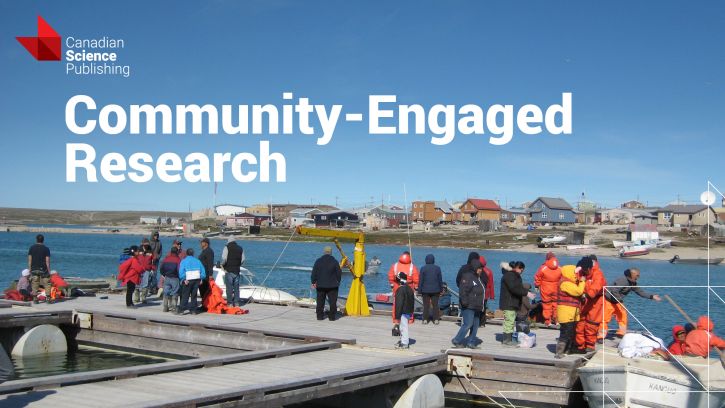International Open Access Week, an annual initiative organized by SPARC in partnership with the Open Access Week Advisory Committee, takes place this year from October 23-29. The theme for 2023, “Community over Commercialization,” aims to encourage candid conversations about which approaches to open scholarship prioritize the best interests of researchers and the public — and which do not.
Canadian Science Publishing (CSP) upholds openness as one of our core values. As a mission-driven, independent, not-for-profit scholarly publisher, our goal is to enhance the reach, rigour, and relevance of science so that people can find, trust, and use it. Open access (OA) is key to realizing this mission. Open access to research removes barriers, increases transparency and trust in research, accelerates knowledge transfer, improves efficiencies, and boosts research impact. CSP believes that trusted scientific knowledge should be accessible to everyone to move towards a sustainable future.





